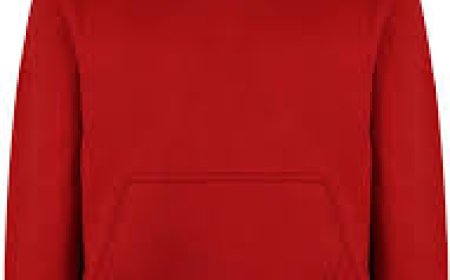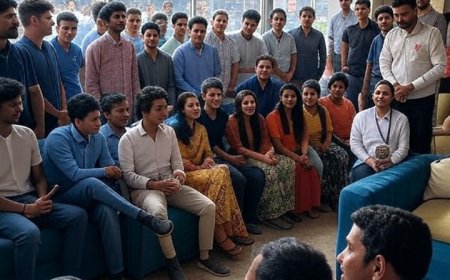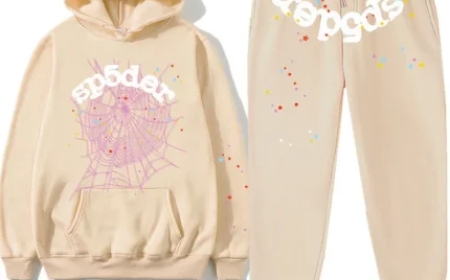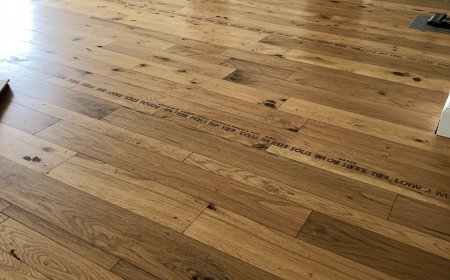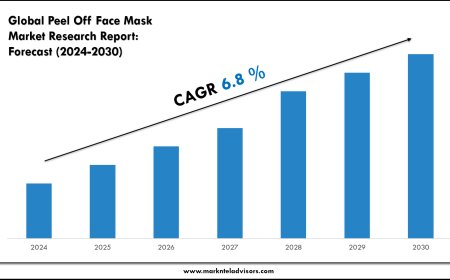Ksubi Explained: The Denim Revolution Celebrities Can’t Stop Wearing

Ksubi: A Deep Dive Into the Iconic Australian Denim Brand
The Evolution of Ksubi: From Rebellious Beginnings to Global Recognition
Ksubi (pronounced "soobie") began as an audacious response to the lack of individuality in mainstream fashion. Established in 1999 in Sydney, Australia, Ksubi was founded by Dan Single, George Gorrow, Paul Wilson, and Gareth Moody, four friends disenchanted with the conventional fashion scene. Their vision? To create a brand that radiates authenticity, rebellion, and non-conformityqualities still embedded in every Ksubi collection.
From its early days, Ksubi stood out through its iconoclastic marketing tactics, such as releasing rats on the catwalk during its debut show at Australian Fashion Week in 2001. These stunts werent just attention-seekingthey were a clear message: Ksubi was not here to follow trends but to create its own path.
Signature Aesthetic: Raw, Distressed, and Effortlessly Cool
Ksubi t shirt unique design language is instantly recognizable. At its core lies the brands dedication to premium denim, often characterized by raw edges, distressed finishes, bleach splatters, and heavy abrasions. These arent accidentstheyre carefully engineered details meant to embody a worn-in, lived-in, rebellious aesthetic.
The signature "box cross" logo, often found stitched on the back of denim garments or emblazoned on t-shirts, has become a badge of authenticity. Paired with metal hardware, asymmetrical cuts, and punk-influenced silhouettes, Ksubi represents an aesthetic that blends skate culture, punk rock, and high fashion.
Celebrity Endorsements: The Cult Following That Drives Global Popularity
Ksubi is a celebrity favorite, often spotted on A$AP Rocky, Travis Scott, Kylie Jenner, Kendall Jenner, Justin Bieber, Bella Hadid, and Hailey Bieber. This consistent visibility in the celebrity sphere has helped the brand transcend niche status and enter the global mainstream while retaining its underground cool.
The brands reach expanded significantly in the United States, particularly through exclusive collaborations and capsule collections with artists like Travis Scott and The Weeknd. These strategic partnerships not only boosted visibility but also helped solidify Ksubis credibility in the highly competitive streetwear and luxury denim markets.
Product Range: Beyond Denim
Although denim remains Ksubis crown jewel, the brand offers a comprehensive line of fashion-forward apparel for both men and women. The collections include:
-
Graphic Tees: Often featuring ironic slogans, bold prints, or distressed details.
-
Ksubi Hoodie & Sweatshirts: Combining luxurious materials with urban flair.
-
Outerwear: Leather jackets, oversized bombers, and statement trench coats.
-
Accessories: Caps, beanies, sunglasses, and belts that complement the mainline.
Ksubis "Van Winkle" and "Chitch" jeans are best-sellers in mens collections, while "Playback" and "Hi N Wasted" dominate the womens denim scene. These styles are not only fashion statements but wardrobe essentials for those seeking an edge.
Ksubi Collaborations: Bridging Fashion and Music
One of Ksubi's most defining attributes is its seamless connection to music culture. In 2020, Ksubi dropped a capsule collection in collaboration with Travis Scott, featuring heavily distressed denim, graphic t-shirts, and hoodies. The pieces sold out almost instantly, further fueling the brand's cult appeal.
Other notable collaborations include:
-
Ksubi x The Weeknd "Delinquent Season" A darker, moodier collection aligning with the singers enigmatic persona.
-
Ksubi x Hidji World A limited drop that embraced experimental graphics and vivid storytelling.
These limited editions not only keep the brand culturally relevant but also drive demand by leveraging the loyal fanbases of collaborators.
Sustainability and Innovation in Production
Ksubi has increasingly committed to sustainable manufacturing practices, a vital shift in the fashion industry. While still known for vintage-inspired destruction, the brand is embracing eco-conscious sourcing and innovative dyeing methods that reduce water consumption and chemical waste.
Recent collections have introduced organic cotton blends, laser-treated distressing, and recycled packaging as part of its ongoing sustainability journey. This shift reflects Ksubis awareness of its responsibility as a major global fashion player without compromising its raw, unapologetic DNA.
Where to Buy: Ksubis Global Retail Network and Online Presence
In addition, the official Ksubi website offers direct-to-consumer access, often with exclusive online-only drops and early access to new collections. The brands flagship stores in Los Angeles, New York, Sydney, and Melbourne provide a curated in-store experience that reflects the edgy, urban vibe of the clothing.
The Ksubi Lifestyle: More Than Just Fashion
Owning Ksubi is more than wearing designer denimits embracing a lifestyle rooted in self-expression, rebellion, and cultural awareness. The brand speaks directly to a demographic that values individuality over conformity and artistic disruption over mass production.
Whether it's the music-inspired visuals, punk-rock references, or DIY aesthetics, everything about Ksubi screams counter-culture chic. This is not fast fashion; this is style with attitude, tailored for those who want their clothes to speak volumes without saying a word.
Why Ksubi Remains a Force in Fashion
Ksubi's sustained relevance is due to its unwavering commitment to its roots, while simultaneously evolving to stay ahead of fashion curves. In a world saturated with fleeting trends and copycat designs, Ksubi thrives by being:
-
Authentic in its design ethos
-
Strategic in its celebrity partnerships
-
Intentional in its quality and craftsmanship
-
Adaptable in an ever-evolving industry
Every collection offers a new take on grit and glamour, maintaining the core rebellious DNA while introducing modern silhouettes and textiles. https://www.bipamerican.com/









